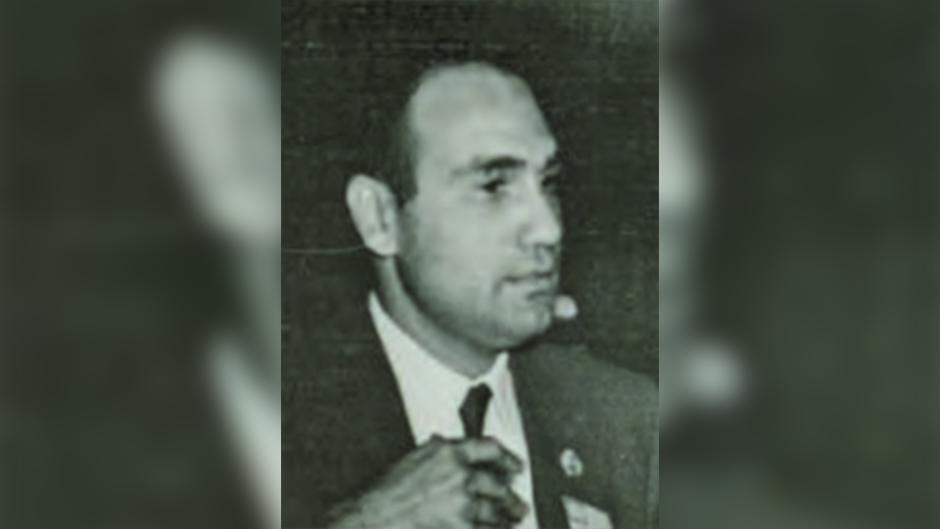Eliahu Ibrahim Jury, a highly respected retired faculty member of the University of Miami College of Engineering, died on September 20, at the age of 97.
Throughout his at the University of Miami’s College of Engineering, Jury not only touched the lives of students as professor of electrical and computer engineering, but his research contributions in systems and control have been influential, pioneering, and often seminal.
Jury left Iraq to study philosophy and economics at the American University of Beirut (A.U.B.). In 1942, he left Beirut to study electrical engineering at the He-brew Technical College (now Technion—Israel Institute of Technology) at Haifa, in what was then Palestine. Jury received his diplome engineer degree in electrical engineering from the Technion in 1947.
In 1949, Prof. Jury obtained the MS degree from Harvard, which was the last MS awarded by its engineering school. He then moved to New York to attend Columbia University for his doctoral studies as a Higgins fellow. In 1953, he obtained the Sc.D. degree in electrical engineering from Columbia. In 1954, he joined the University of California at Berkeley as an instructor in the Department of Electrical Engineerng and Computer Sciences (EECS). He was appointed a professor in 1964.
In July 1981, Jury joined the University of Miami College of Engineering’s Department of Electrical and Computer Engineering as a research professor.
While at the College, he established the Eliahu I. and Joyce Jury Seminar and Awards, which has now become an annual departmental tradition where, accompanied by a seminar presentation by a leading researcher, the best and the brightest of the department’s graduate and undergraduate students are honored.
Jury, well known as a tireless innovator, developed the advanced Z-transform, which is used in digital control systems and signal processing, and the “Jury stability test,” making it possible to study root distribution of a polynomial with respect to the unit circle in the complex plane without explicitly solving for the roots. Additionally, his book, “Theory and Application of the z-Transform Method,” remains perhaps the most comprehensive and authoritative treatise written on the z-transform, as well as his theory of inners, which appeared on the July 1975 cover of the Proceedings of the Institute of Electrical and Electronics Engineers (IEEE).
The accolades and awards that Jury has received are too numerous to mention, but a few of the more prestigious awards includes, the American Society of Mechanical Engineers (ASME) Centennial Medal, Honorary Doctor of Science Degree from the ETH, the first Education Award of the IEEE Circuits and Systems Society, the Rufus Oldenberger Award of the American Society of Mechanical Engineers, the first Distinguished Faculty Scholar Award of the University of Miami, the Technion Founders’ Award, the Phoebe Apperson Heart Medal from the University of California at Berkeley, the University of Rome Medal, the Egleston Medal of the Columbia University Engineering School Alumni Association, the Golden Jubilee Medal of the IEEE Circuits and Systems Society, the IEEE Millennium Medal, the Honorary Fellow Degree from the Technion, and the Heaviside Premium from the Institution of Electrical Engineers, London, UK. Jury also took great pride in two lectures that he delivered: the Routh Centennial Lecture in 1977 at the occasion of the centennial of Routh’s famous Adams Prize Essay and the Hurwitz Centennial Lecture in 1995.

